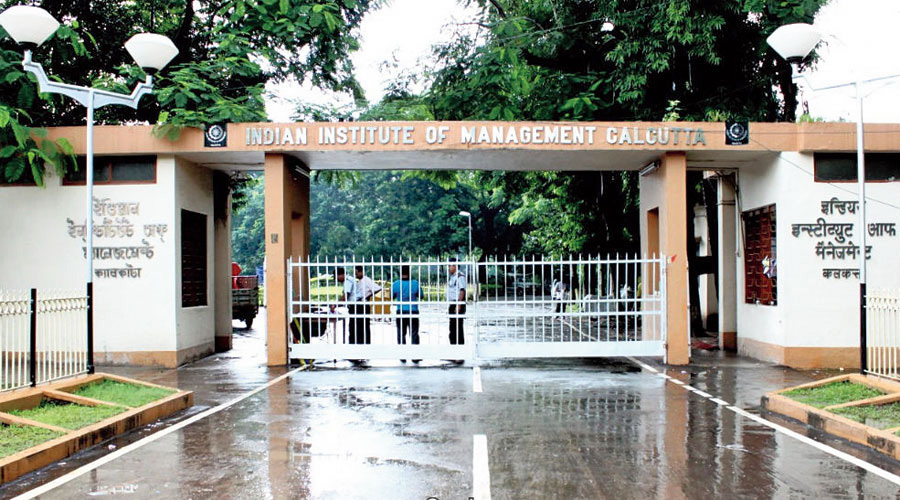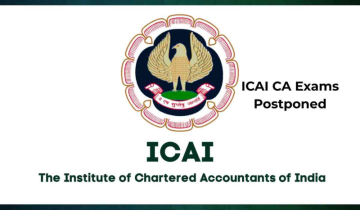The IIM (Amendment) Bill 2023, which was approved by the Lok Sabha on August 4, is now awaiting clearance from the Rajya Sabha before being submitted for the President's approval, thus transforming it into a law. This legislation aims to bring about changes to the Indian Institute of Management Act, of 2017. The alterations it proposes have raised questions about the potential impact on the autonomy of the IIMs, the reasons behind its introduction by the Modi Government, and the far-reaching consequences it could entail.
Background: Indian Institute of Management Act, 2017
To comprehend the current developments, it is essential to delve into the past. The Indian Institutes of Management (IIMs) were classified as institutions of national significance by the Indian Institute of Management Act, 2017, which was approved by the Union Cabinet on January 24, 2017. This conferred upon them the authority to confer degrees and introduced substantial modifications to their administrative structure. Following Presidential assent, the bill transmuted into an Act on December 31, 2017. The Act established the Board of Governors as the primary executive body for each IIM.

The board was entrusted with the responsibility of appointing a Director for each IIM. Moreover, it established an Academic Council for each IIM, functioning as the principal academic authority. This legislative step in 2017 represented a notable demonstration of restraint by the government, bestowing greater autonomy upon the IIMs by entrusting key appointments, such as the chairperson, board members, and director, to the Board of Governors (BoG). Direct government involvement was reduced from four members to two, thereby enhancing the independence of the institutes in their governance and decision-making.
Understanding the IIM Bill 2023
The IIM Bill 2023, coming six years after the implementation of the IIM Act 2017, seeks to amend the earlier Act and potentially curtail the autonomy previously enjoyed by these premier business schools. The main objectives of the IIM Bill 2023 are as follows:
- Regulation of IIMs: The Bill proposes amendments to the Indian Institutes of Management Act, 2017, designating the IIMs as institutions of national importance and defining the framework for their functioning.
- Conversion of NITIE to IIM Mumbai: The National Institute of Industrial Engineering (NITIE), Mumbai, is referred to in the Bill as IIM Mumbai, making it the 21st IIM in India.

Key Provisions of the IIM Bill 2023
The IIM Bill 2023 introduces significant modifications to the existing framework, including:
- President of India to Visit All IIMs: The Bill elevates the President of India's position by designating him as the Visitor to all IIMs.
- Appointment of IIM Directors: The Bill revises the procedure for appointing IIM Directors, necessitating prior approval from the Visitor by the Board of Governors before making an appointment. The Search-cum-Selection Committee composition now includes the Chairperson of the Board and two members nominated by the Visitor.
- Removal of IIM Directors: The Bill empowers the Visitor to approve the removal of an IIM Director and terminate their services as deemed appropriate.
- Appointment of Chairperson of the Board of Governors: The Bill alters the process for appointing the Chairperson of the Board, with the Visitor responsible for nomination.
- Inquiries against IIMs: Instead of the Board, the Bill authorizes the Visitor to initiate and conduct inquiries into the affairs of any Institute. The outcomes of these inquiries will be binding on the Institute.
- Dissolution of the Board: The Bill empowers the central government to outline procedures for dissolving or suspending an Institute's Board, with provisions for establishing an interim board if required.
- Coordination Forum: The Bill alters the Coordination Forum by allowing the Visitor to propose the Chairperson and including all Institute Chairpersons as ex-officio members.

Motivation Behind the IIM Bill 2023
Several instances of discord between the Education Ministry and IIMs have arisen since the enactment of the IIM Act 2017. Notable examples include:
- Conflict over One-year Executive MBA Degrees: In 2020, leading business schools clashed with the Centre regarding the granting of one-year executive MBA degrees, contrary to University Grants Commission (UGC) rules. Despite discussions between IIM heads and the government, the institutes continued to award these degrees.
- Director Appointment Disagreement at IIM Rohtak: The reappointment of Dr Dheeraj Sharma as the Director of IIM Rohtak for a second term led to objections from the government due to alleged discrepancies in his qualifications. The IIM Act 2017 granted autonomy to IIMs for director appointments, allowing Sharma's reappointment despite government reservations.
- Director Resignation at IIM Calcutta: Allegations of centralizing powers and misconduct against Anju Seth, Director of IIM Calcutta, prompted her resignation in 2021, revealing internal conflicts.
- Logo Change Controversy at IIM Ahmedabad: The proposal to change the logo of IIM Ahmedabad faced opposition from faculty members, exemplifying disagreements within the institution.

Is the IIM Act Amendment Bill 2023 Prudent?
While opinions on the IIM Bill 2023 vary, some directors contend that the amendment is regressive, while others see merit in it. Dr Bakul Dholakia, Former IIMA Director, argued that IIMs failed to leverage the autonomy granted by the IIM Act 2017, resulting in limited progress in research output and global rankings. Prof. TT Ram Mohan, IIM Ahmedabad faculty, supported the bill, emphasizing the principle of democratic accountability and the need for government and parliamentary oversight. Some media reports suggest that IIM directors are concerned about autonomy loss, while others like Ram Kumar Kakani of IIM Raipur support the bill's intentions to enhance supervision and accountability.
Anticipated Implications of the IIM Bill 2023
The passage of the IIM Amendment Bill 2023 could have several ramifications:
- Enhanced Accountability to National Education Policy and Financial Rules.
- Increased Focus on Public Good by IIMs.
- Government Involvement in IIM Director Appointments.
- Government Authority in IIM Director Removal.
- Strengthened Coordination Amongst IIMs via the Coordination Forum.
- In conclusion, the IIM (Amendment) Bill 2023's journey through the legislative process raises questions about its potential impact on IIM autonomy, the motivations driving its introduction, and the multifaceted consequences it may entail.
© Copyright 2023. All Rights Reserved Powered by Vygr Media.









